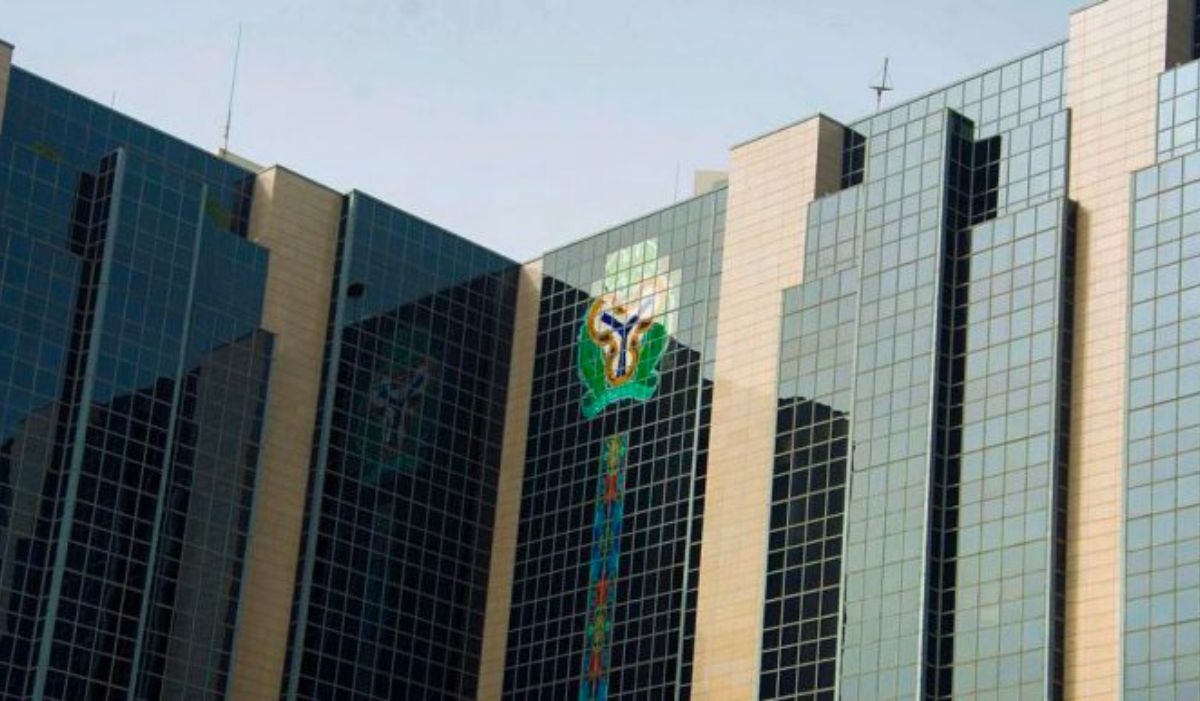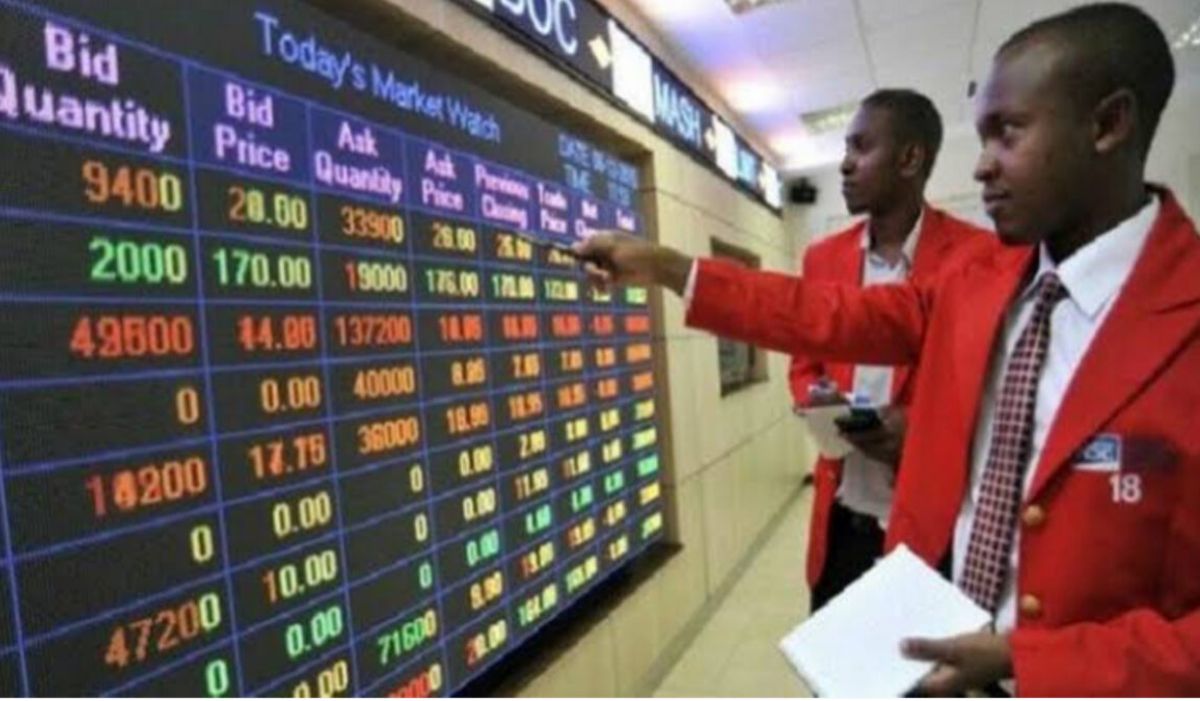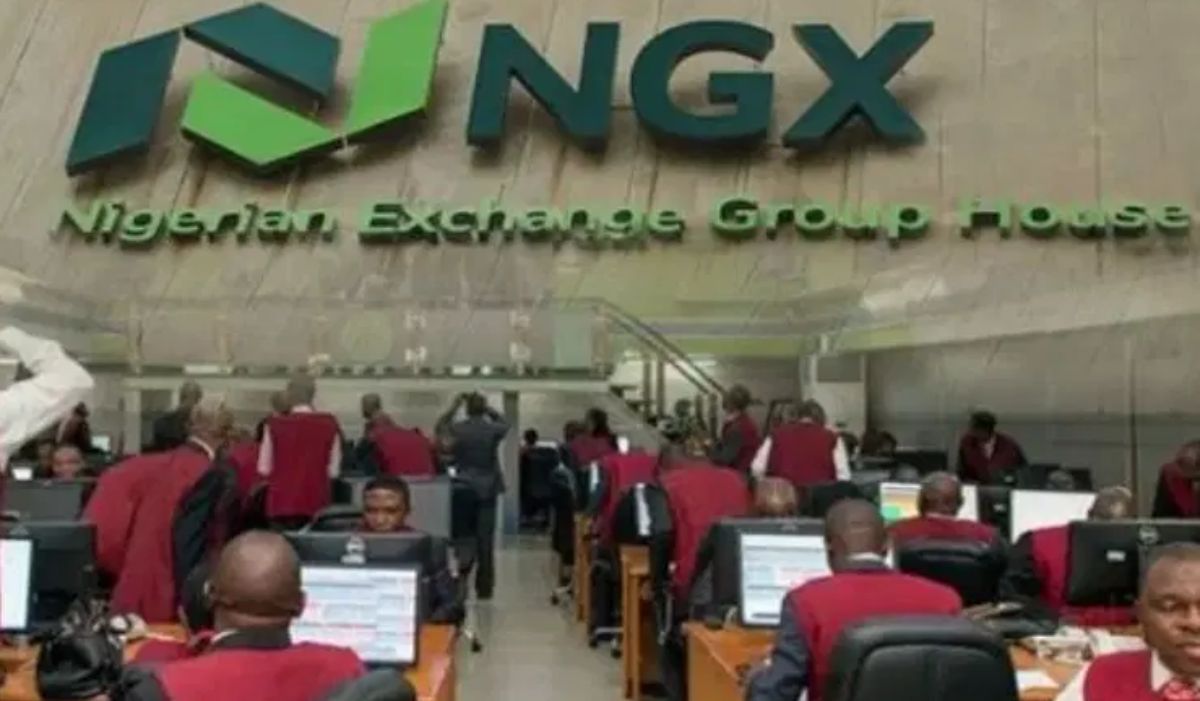Banking Stocks React To CBN Forbearance Regime, Drops 3.98%

The Nigerian equities market witnessed a wave of panic-driven selloffs in banking stocks, following the recent circular issued by the Central Bank of Nigeria (CBN) regarding dividend payments by banks.
The Nigerian Exchange (NGX) Banking Index declined by 3.98 per cent at the end of trading session as investors exited positions in bank stocks in reaction to the CBN decision to end the forbearance regime.
The stock market trading direction switched to bear mode, with a bucket of sell orders executed by brokers ahead of the inflation data release.
Banks have been posting strong earnings amidst pressure on asset quality, with some of these loans unlikely to bear fruit but ringfenced by forbearance granted in the post-COVID-19 era.
The barometer that measures the banking activities closed the trading at 1,169.74 index points as against 1,218.17 points recorded on Friday hence a drop of 48.43 basis points or 3.98 per cent.
Among the top losers are Access Holdings which led by 8.28 per cent, FCMB followed with 6.57 per cent. Zenith Bank 6.37 per cent, First Holdings, 6.03 per cent and UBA 5.67 per cent.
The NGX All Share Index witnessed a bearish trend, reflecting a loss of -0.15 per cent from 115,429.54 index points from 115.258.77 points it opened for the week’s trading.
On 13 June 2025, the Central Bank of Nigeria (CBN) issued a circular directing banks currently under regulatory forbearance, particularly with respect to credit exposures and Single Obligor Limits (SOL), to immediately suspend dividend payments to shareholders.
Banks are also expected to defer bonuses to directors and senior management and halt new offshore investments or expansion into foreign subsidiaries. The directive, signed by Olubukola A. Akinwunmi, Director of Banking Supervision, aims to reinforce the resilience of Nigeria’s banking sector by improving capital buffers and strengthening balance sheets.
These restrictions will remain in place until the affected banks fully exit the forbearance regime and demonstrate compliance with capital adequacy and provisioning standards—validated through independent assessments.
“The suspension of dividends may negatively affect investor sentiment, particularly among dividend-focused shareholders”, CSL Stockbrokers said in a commentary note.
Additionally, banks could face increased provisioning requirements, higher reported NPL ratios—since loans, even when fully provided for, can only be written off after a one-year holding period—and downward pressure on capital adequacy ratios and earnings, analysts explained.
“The ability and timeline for exiting the forbearance regime will largely depend on the size of each bank’s exposure, as well as the strength of their profitability and existing capital buffers”, the firm said.
Arthur Stevens Assets Management, a Lagos-based investment firm, confirmed the market reaction, describing it as a “knee-jerk” response from investors concerned about the policy’s implications on banking sector earnings.
In a market commentary, the firm noted that investors were reacting swiftly to the CBN directive, which imposes tighter restrictions on banks’ ability to pay dividends, particularly those that fail to meet certain prudential thresholds such as capital adequacy and non-performing loan ratios.
“We are now seeing some panic selling of banking stocks in the market this morning due to the recent CBN circular regarding dividend payments,” Arthur Stevens Assets Management stated. “This, for me, is a knee-jerk reaction.”
While the immediate market response has led to a decline in the share prices of several tier-one and tier-two banks, Arthur Stevens suggested that the selloff could represent a tactical opportunity for long-term investors.
“It, however, provides an entry opportunity at low prices for discerning investors,” the firm added, noting that the fundamentals of many banks remain strong despite the regulatory headwinds.
The CBN’s circular, issued late last week, is seen as part of its broader efforts to strengthen the banking sector’s resilience, ensuring that lenders maintain adequate buffers to support financial stability amid macroeconomic pressures.
However, analysts say the timing of the announcement, and its potential to impact shareholder returns, has triggered uncertainty among retail and institutional investors alike.
Financial experts caution that while dividend restrictions may pressure investor sentiment in the short term, they could bolster banks’ long-term capital positions, especially as the sector adjusts to the evolving regulatory environment under the apex bank’s reform agenda.
As the market digests the full implications of the CBN directive, analysts expect heightened volatility in banking stocks in the near term, with trading patterns likely influenced by investor reassessment of dividend outlooks and capital positions across the sector.
Despite the turbulence, Arthur Stevens Assets Management reiterated that its views reflect a personal assessment of market behavior and investment opportunities, encouraging investors to conduct thorough research or consult financial advisors before making portfolio decisions.
Banking Stocks React To CBN Forbearance Regime, Drops 3.98% is first published on The Whistler Newspaper





